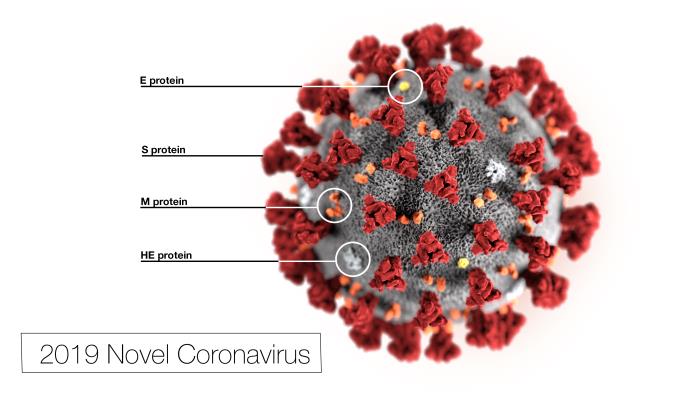Author Interviews, Environmental Risks, Pediatrics / 21.07.2023
Microplastics and Nanoplastics Released from Plastic Baby Food Containers and Food Pouches
MedicalResearch.com Interview with:
Kazi Albab Hussain
Graduate Student (PhD)
Specialization: Water Resources
Advisor: Professor Yusong Li, PhD
Associate Dean for Faculty and Inclusion
MedicalResearch.com: What is the background for this study?
Response: Microplastics have been detected in various food items and beverages, including table salt, bottled water, fish, and mussels. The extensive use of plastic-based products in food preparation, storage, and handling has raised concerns about the direct release of microplastics. Interestingly, we often discuss microplastics but overlook nanoplastics in the conversation. Due to their smaller size, nanoplastics are harder to be detected.
In our study, we wanted to see the release of both microplastics and nanoplastics, as nanoplastics may be even more toxic than microplastics.
Unfortunately, infants and toddlers are particularly vulnerable to the potential health impacts of micro- and nanoplastics. Studies have shown significant ingestion of these particles from polypropylene feeding bottles and silicone-rubber baby teats. We aimed to investigate the release of of micro- and nanoplastics, estimated their exposure for infants and toddlers, and evaluated their cytotoxicity to human embryonic kidney cells.
(more…)






